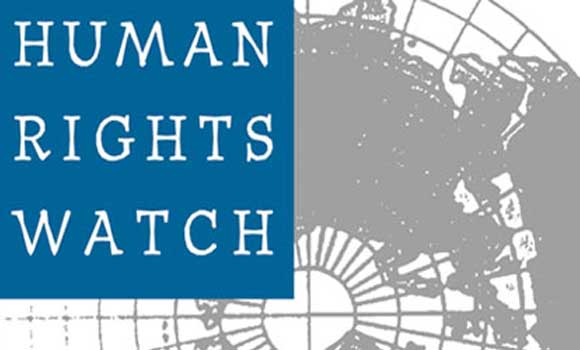Saturday 27th July 2024

As Nepal began expediting its process for enacting amendments to its landmark transitional justice bill, two major international bodies came up with few recommendations to Nepal to be considered while moving further on the bill.
In a recent update, the international human rights body Human Rights Watch (HRW) and International Commission of Jurists (ICJ) issued a statement asking Nepal to check flaws in its transitional justice commissions: Truth and Reconciliation Commission (TRC) and Commission on Investigation of Enforced Disappeared Persons (CIED).
The two bodies urged Nepal Government to ensure that the amendments being made comply with the international standards.
“Nepal authorities should take into account the concerns of all stakeholders, including the groups representing victims of serious crimes by all sides during the civil war, other civil society organizations, the National Human Rights Commission (NHRC) and the United Nations Office of the High Commissioner for Human Rights (OHCHR),” HRW said in its official release.
Failing to Meet Int’l Standards
Informing that the Oli-led Nepal Government promised of transitional justice mechanisms that are compliant to international laws, HRW said the current draft law fails to support the prosecution measures against human rights violations pertaining to international crimes.
Meanwhile, victims’ groups say that the process undertaken by the two commissions in conducting country-wide hearings and gathering 60,000 cases has also been arbitrary and confusing.
While Nepal has engaged in a transitional justice process over the last few years, with official commissions collecting complaints, holding meetings and generic consultations throughout the country, this is still without any tangible result, and victims say it has left them confused, says Brad Adams, Director, HRW Asia.
The transitional justice law under discussion have been failing to meet the country’s Supreme Court recommendations and is currently awaiting new reforms proposed by the new government.
The new reforms are currently underway as per the apex court’s order and are also hopeful to the victims’ groups who termed it compliant with the United Nations Human Rights Council (UNHRC) and human rights organizations recommendations.
While the proposed law authorized the relevant commissions to deal with prosecutions, it fails in:
It is very welcome that the Nepal Government is finally looking to address longstanding demands of war victims and should use this opportunity to abide by its obligations, draw up security sector reforms, and pave the way to end impunity, says Ian Seiderman, Legal and Policy Director, ICJ.
The two organizations made few recommendations in their recent meeting with the Attorney General of Nepal and all the relevant stakeholders in Nepal.
Leave a Reply